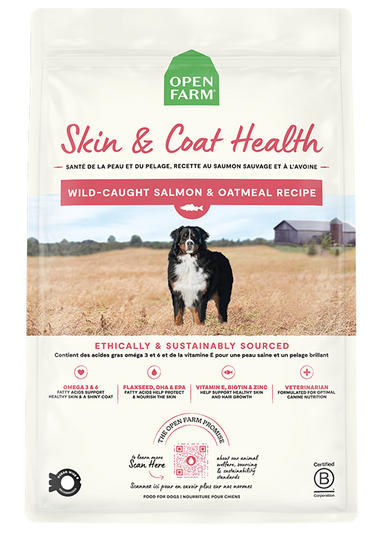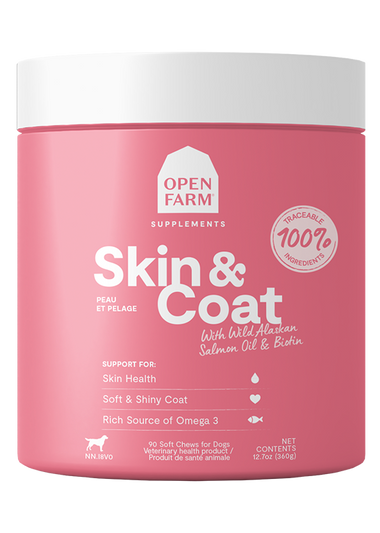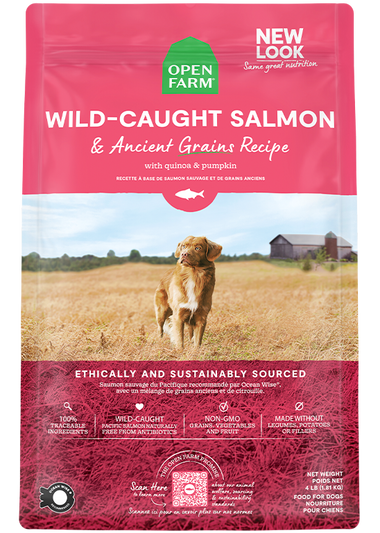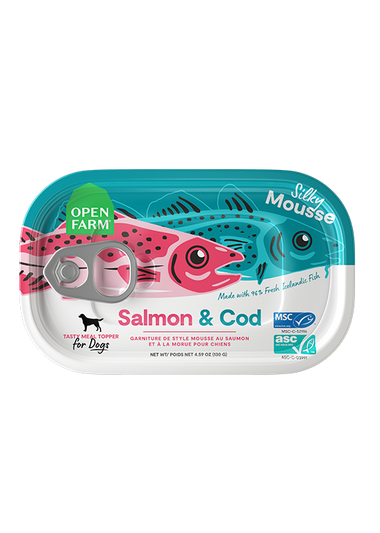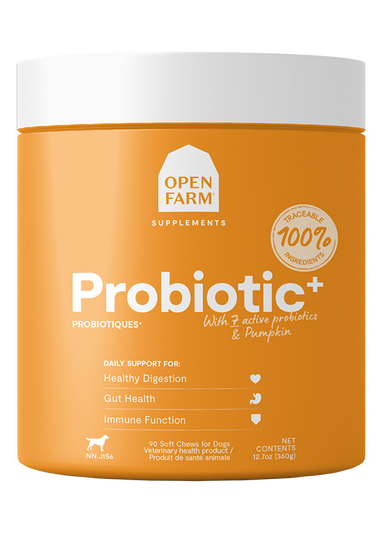If you've noticed your furry friend scratching more than usual or their coat looking a bit dull, you might be dealing with dry skin. But don't worry, we’ve got you covered with some practical tips to help your pup feel their best. Let's dive into what to do for dry skin on dogs, focusing on functional foods, digestion, and tummy support.
Understanding Dry Skin in Dogs
First things first, let's understand what helps dogs with dry skin. Dry skin can be caused by various factors, including allergies, environmental conditions, and even diet. It's essential to identify the root cause to provide the best care for your pup.
What Helps Dry Skin in Dogs?
One of the most effective ways to tackle dry skin is through diet. Functional foods, which offer health benefits beyond basic nutrition, can play a significant role in improving your dog's skin health. Look for foods rich in Omega-3 and Omega-6 fatty acids, which are known to promote a healthy coat. You can also opt for a functional recipe incorporating these foods, such as Open Farm’s Skin & Coat Health, which is specifically formulated to nourish the skin and support a shiny, glossy coat.
What to Do for Dry Itchy Skin on Dogs?
If your dog is constantly scratching, it's time to take action. Here's what helps itchy skin for dogs:
- Omega Fatty Acids: Incorporate foods high in Omega-3 and Omega-6 fatty acids into your dog's diet. These essential fats help maintain skin moisture.
- Hydration: Ensure your dog is drinking plenty of water. Proper hydration is crucial for maintaining healthy skin.
- Regular Baths: Use a gentle, hypoallergenic shampoo to bathe your dog. Avoid over-bathing, as it can strip the skin of natural oils.
High Quality Foods for Skin Health
High quality foods are a fantastic way to support your dog's overall health, including their skin. Here are some ingredients to look for:
- Fish Oil: Rich in Omega-3 fatty acids, fish oil can help support skin health.
- Flaxseed: Another excellent source of Omega-3s, flaxseed can be added to your dog's food for an extra boost.
- Sweet Potatoes: Packed with vitamins A and C, sweet potatoes support skin health and provide essential nutrients.
Digestion and Tummy Support
A healthy digestive system is vital for your dog's overall well-being, including their skin. Poor digestion can lead to nutrient deficiencies, which can manifest as dry, itchy skin. Here's what helps dogs with itchy skin by supporting their digestion:
- Probiotics: These beneficial bacteria promote a healthy gut.
- Prebiotics: Prebiotics feed the good bacteria in your dog's gut, helping maintain a balanced microbiome.
- Fibre: Foods high in fibre, like pumpkin, can help digestion and prevent tummy troubles.
What to Do for Dry Skin on Dogs?
If you're wondering what to do for dry itchy skin on dogs, here are some additional tips:
- Humidifier: Using a humidifier in your home can add moisture to the air, preventing your dog's skin from drying out.
- Balanced Diet: Ensure your dog is getting a balanced diet with all the necessary nutrients. Our Pet Parent Experience Team can help you find the best food for your pup.
- Regular Grooming: Regular brushing helps distribute natural oils throughout your dog's coat, keeping their skin healthy.
Final Thoughts
Dry skin can be a nuisance for your furry friend, but with the right approach, you can help them feel comfortable and happy. By focusing on functional foods, digestion, and tummy support, you'll be well on your way to improving your dog's skin health. Remember, every dog is unique, so it's essential to find what works best for your pup.
So, the next time you're wondering what helps dogs with dry skin or what helps itchy skin on dogs, you'll have a toolkit of tips and tricks to keep your furry friend feeling their best.
This article is meant only as an example of what might work well for your pet, please reach out to our Pet Parent Experience Team if you have any questions about your pet’s own unique circumstances! To ensure these products are a good fit for your furry friend, we also recommend consulting your vet about any new diet, or environment changes, especially if there is a medical concern. They should be able to help as you and your vet know your pet’s medical history best!








































 Sign In
Sign In
 Create Account
Create Account




